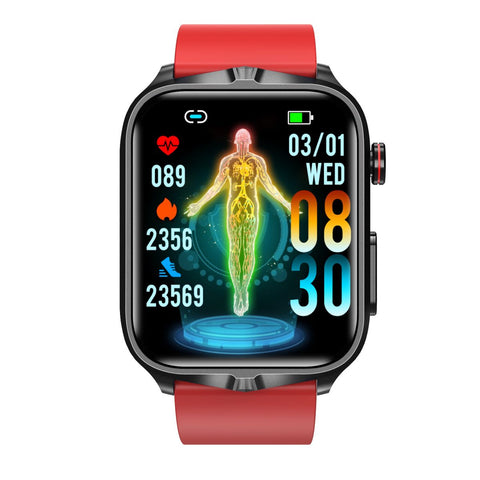Why Should I Track My Menstrual Cycle?
For many people, menstruation is a natural and regular part of life. However, despite its frequency, the menstrual cycle often remains a mystery to many. Understanding and tracking your menstrual cycle can offer valuable insights into your health, well-being, and fertility.
Understanding the Menstrual Cycle
The menstrual cycle is a complex series of hormonal changes that occur in the body to prepare for pregnancy. On average, a menstrual cycle lasts about 28 days, although it can vary from person to person. The menstrual cycle is divided into several phases, including menstruation (bleeding), the follicular phase, ovulation, and the luteal phase.
Reasons to Track Your Menstrual Cycle
-
Predicting Menstruation: Tracking your menstrual cycle allows you to anticipate when your period will start. This knowledge can help you prepare for menstruation and manage any associated symptoms or discomfort.
-
Monitoring Cycle Regularity: Regular menstrual cycles are often an indicator of overall reproductive health. Tracking your cycle over time can help you identify any irregularities or changes that may warrant further investigation.
-
Identifying Ovulation: Ovulation, the release of an egg from the ovary, typically occurs midway through the menstrual cycle. By tracking your cycle, you can pinpoint your most fertile days and optimize your chances of conception if you're trying to get pregnant.
-
Managing Symptoms: Many people experience menstrual symptoms such as cramps, bloating, mood swings, and breast tenderness. By tracking your cycle and associated symptoms, you can better understand your body's patterns and develop strategies to manage discomfort more effectively.
-
Monitoring Health Conditions: Changes in menstrual patterns or symptoms can sometimes be indicative of underlying health conditions such as polycystic ovary syndrome (PCOS), endometriosis, or thyroid disorders. Tracking your cycle can provide valuable information for healthcare providers when diagnosing and treating these conditions.
-
Empowerment and Self-Awareness: Tracking your menstrual cycle can foster a sense of empowerment and self-awareness. By becoming more attuned to your body's rhythms and needs, you can make informed decisions about your health and well-being.
How to Track Your Menstrual Cycle
There are several methods you can use to track your menstrual cycle, including:
-
Calendar Method: Simply mark the start and end dates of your period on a calendar or in a journal.
-
Mobile Apps: There are numerous smartphone apps available that allow you to track your menstrual cycle, symptoms, and fertility predictions conveniently.
-
Menstrual Tracking Devices: Some wearable devices and smartwatches, like BP Doctor smartwatches, offer menstrual tracking features that monitor cycle length, ovulation, and symptoms.
-
Basal Body Temperature (BBT) Charting: BBT charting involves tracking your basal body temperature daily to detect changes that may indicate ovulation.
Tracking your menstrual cycle is a valuable tool for understanding your body, managing reproductive health, and promoting overall well-being. Whether you're aiming to conceive, manage menstrual symptoms, or simply gain a deeper insight into your body's rhythms, tracking your cycle can offer a wealth of information and empowerment. So, grab your calendar or download a tracking app, and embark on a journey of self-discovery and menstrual health awareness. Your body will thank you for it.










